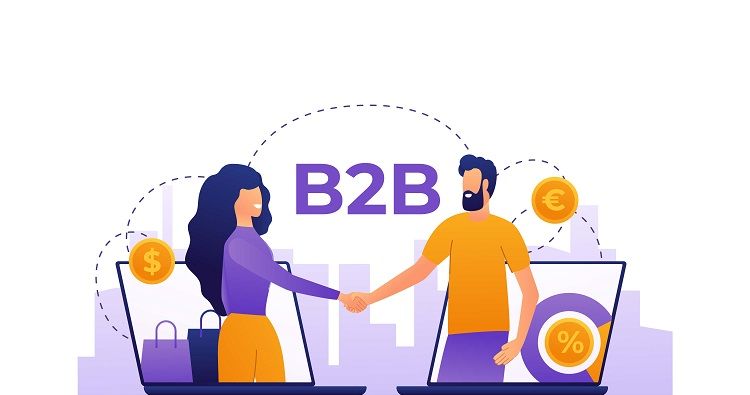Effective Influencers and Calculate Payback

How to Calculate Payback with Influencers

To calculate the return on costs when working with influencers, follow these steps:
- Determine the total cost of the influencer campaign, including any fees paid to the influencer, any expenses related to the production of content or promotional materials, and any other costs associated with the campaign.
- Determine the value of any tangible outcomes of the campaign, such as increased sales or website traffic. This can be done by measuring the increase in sales or website traffic compared to the same period in the previous year or by using a conversion rate to calculate the value of the additional traffic.
- Determine the value of any intangible outcomes of the campaign, such as increased brand awareness or positive sentiment. This can be done by measuring the increase in brand mentions or sentiment on social media or by conducting market research to quantify the value of the intangible outcomes.
- Add the value of the tangible and intangible outcomes to determine the total value of the influencer campaign.
- Divide the total value of the influencer campaign by the total cost of the campaign to determine the return on costs. The result will be expressed as a percentage.
For example, if the total cost of the influencer campaign is $5,000 and the total value of the campaign is $10,000, the return on costs would be 100% ($10,000 / $5,000). This means that for every dollar invested in the influencer campaign, the company received $2 in value.
What Influencers are Effective for Advertising Campaigns

Influencer marketing can be a effective way to reach a targeted audience and promote a product or service. However, the effectiveness of an influencer for an advertising campaign depends on a variety of factors, including the influencer's reach, engagement, and credibility, as well as the fit between the influencer and the product or service being promoted.
Here are some factors to consider when selecting an influencer for an advertising campaign:
- Reach: An influencer with a large following can help expand the reach of the campaign to a wider audience.
- Engagement: An influencer with a high level of engagement from their followers is more likely to be effective in promoting a product or service, as their followers are more likely to interact with and respond to their content.
- Credibility: An influencer who is perceived as credible and trustworthy by their followers is more likely to be effective in promoting a product or service.
- Fit: It's important to choose an influencer who is a good fit for the product or service being promoted, and who aligns with the values and brand identity of the company.
In summary, the most effective influencers for advertising campaigns are those who have a large reach, high levels of engagement, credibility, and are a good fit for the product or service being promoted.
20.12.2022
5410 article view
Similar articles
01.09.2025
Psychology Behind Influencer Marketing: Why People Trust Influencers
Understanding the psychology behind influencer marketing has become crucial for brands seeking authentic...
29.08.2025
Multi-Platform Influencer Strategies: Maximizing Reach Across All Channels
The digital marketing landscape has transformed dramatically, with influencer marketing emerging as a...
30.05.2025
How to Create An AI Influencer For Free for Instagram
The industry is evolving rapidly, shaped by the growing influence of AI technology. Among the most compelling...